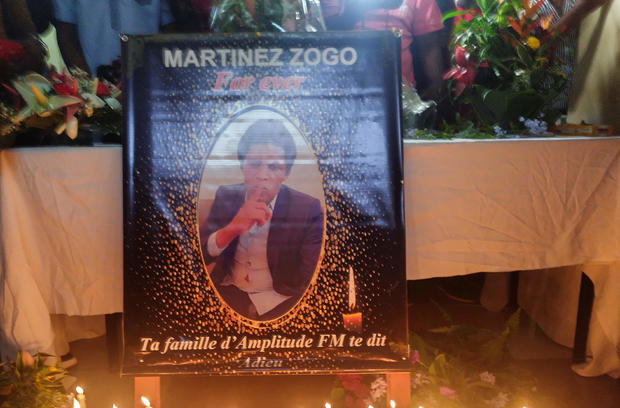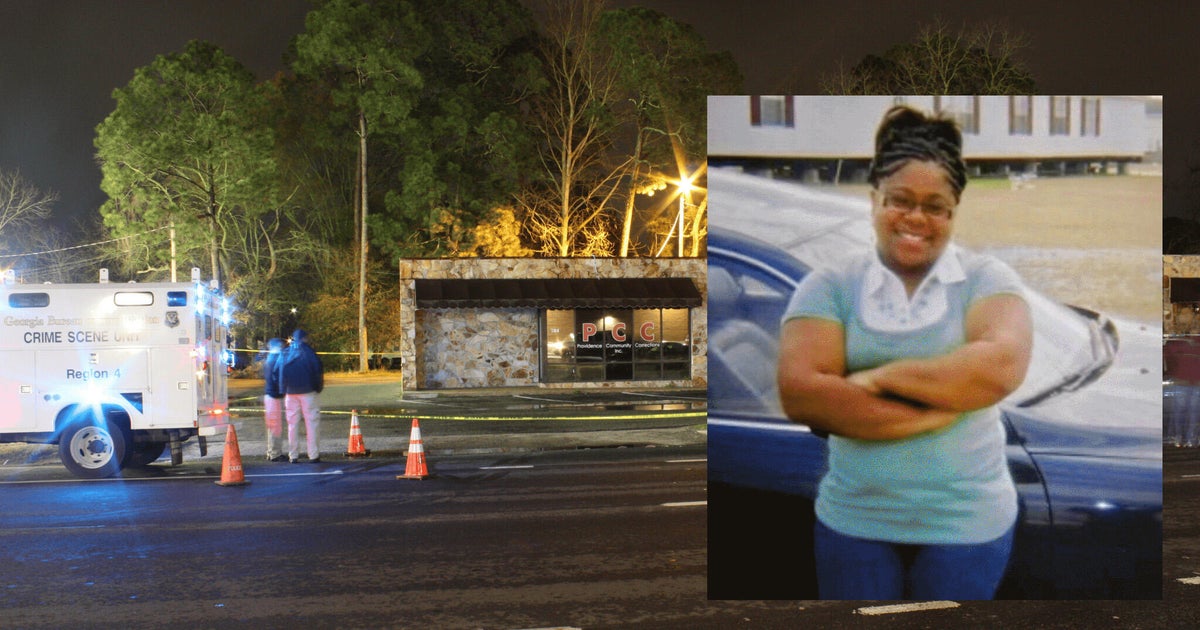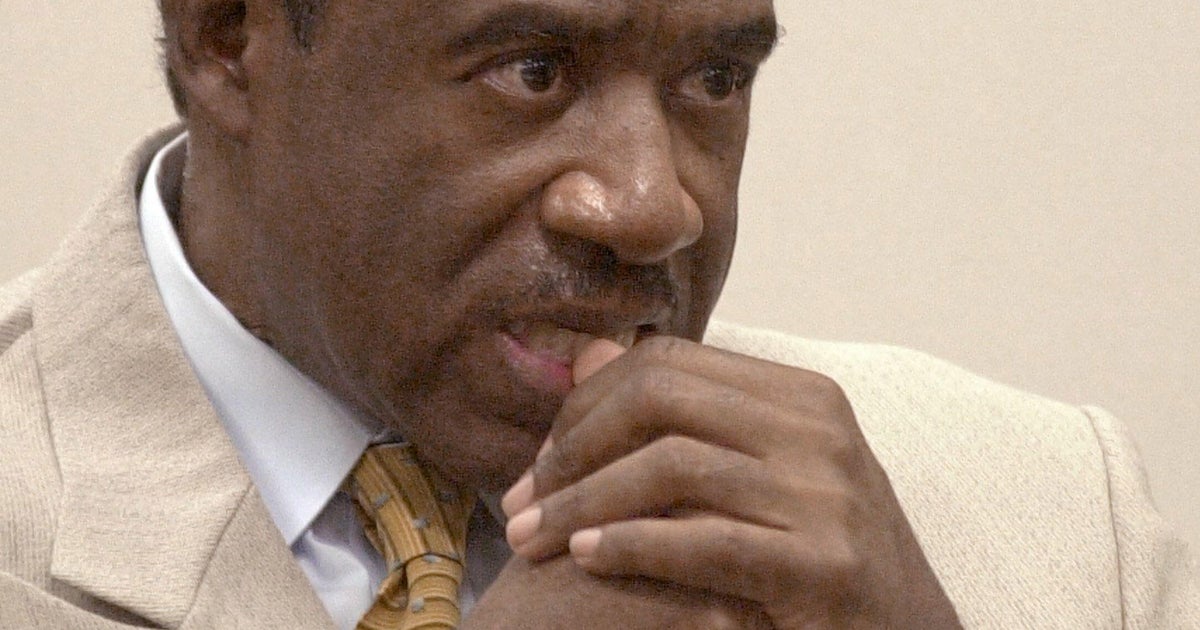Martinez Zogo, popular Cameroon radio journalist, found dead after reported abduction
A popular Cameroon radio journalist who had been missing following what a media rights group called an abduction has been found dead, his employer and police said on Sunday.
Martinez Zogo was managing director of Yaounde-based private radio station Amplitude FM and the star host of a popular daily program, Embouteillage (Gridlock).
On the air, the 51-year-old regularly tackled cases of corruption, not hesitating to question important personalities by name. Zogo served a two-month prison sentence for criminal defamation in 2020, the Committee to Protect Journalists reported.
He had been missing since Tuesday.
"I went to Ebogo (15 kilometers north of Yaounde) early this morning where I saw and recognized the body of Martinez Zogo. The prosecutor's deputy was present and his wife was there to identify him," Amplitude FM radio editor in chief Charly Tchouemou told AFP.
The death of Zogo was confirmed to AFP by a police source who spoke on condition of anonymity.
A large crowd gathered as Zogo's body was taken to the morgue of Yaounde central hospital for an autopsy, a member of the victim's family told AFP on condition of anonymity.
Social media has been awash with posts following his disappearance with Reporters Without Borders (RSF) condemning "the brutal abduction of a journalist."
According to RSF, Zogo's badly damaged car was found outside a police station in a suburb of the Cameroonian capital Yaounde on Tuesday.
"There are many grey areas regarding the circumstances of his brutal abduction," Sadibou Marong, head of the sub-Saharan Africa office of RSF, told AFP.
"The authorities must launch a rigorous, thorough and independent investigation to establish the full chain of responsibility and the circumstances that led to this sad event," Marong said.
Cameroon's national journalists' union condemned a "heinous assassination" and urged media workers to wear black on January 25 as a sign of mourning.
"Although Cameroon has one of the richest media landscapes in Africa, it is one of the continent's most dangerous countries for journalists, who operate in a hostile and precarious environment," RSF says in its Cameroon country profile.
The International Press Institute, a Vienna-based press freedom organization, urged Cameroonian authorities to "promptly investigate the horrific murder and ensure that those responsible are brought to justice".
The political opposition was also indignant, with Social Democratic Front (SDF) deputy Jean-Michel Nintcheu denouncing a "crime which cannot go unpunished."
On Sunday, several Cameroonian television channels dedicated their programs to Zogo's death.
Cameroonian-French writer Calixthe Beyala said she was "dejected, saddened" by news of his death.
"I knew he was dead as soon as it was announced that he was kidnapped," she told Info TV.
"We can ask ourselves the question: whose turn is it? Each of us can find ourselves in this situation for something that we might have said."
Killings of journalists and other media workers jumped 50% in 2022, with an average of one journalist killed every four days, according to recent figures released by the United Nations.
"These journalists were killed for a variety of reasons, including reprisals for reporting on organized crime, armed conflict or the rise of extremism, and covering sensitive subjects such as corruption, environmental crimes, abuse of power, and protests," UNESCO said in a statement.




